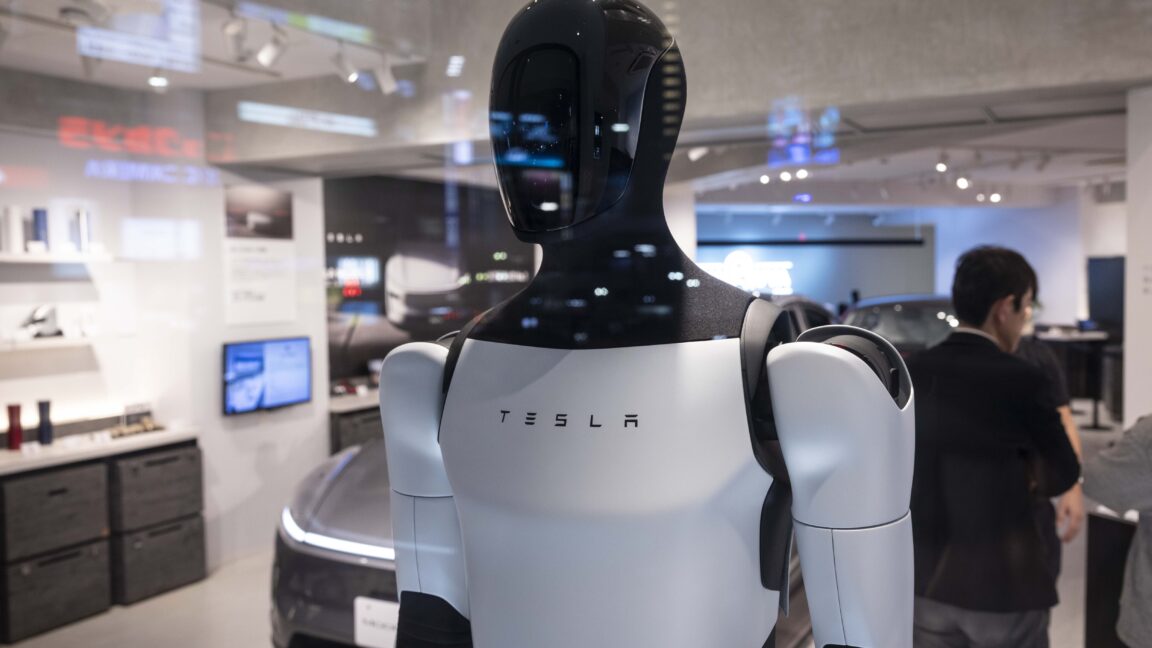Sources, public records, and documents detail TuSimple's downfall, after it transferred autonomous driving IP to Chinese partners despite a 2022 CFIUS agreement (Kate O'Keeffe/Bloomberg)
NegativeArtificial Intelligence

Sources, public records, and documents detail TuSimple's downfall, after it transferred autonomous driving IP to Chinese partners despite a 2022 CFIUS agreement (Kate O'Keeffe/Bloomberg)
TuSimple's recent troubles highlight significant risks to U.S. national security, as the company transferred its autonomous driving technology to Chinese partners, violating a 2022 CFIUS agreement. This move raises alarms about the potential misuse of sensitive technology and the implications for American competitiveness in the autonomous vehicle sector. The situation underscores the delicate balance between innovation and security in a rapidly evolving technological landscape.
— via World Pulse Now AI Editorial System







